Israel said Monday it would allow a “limited reopening” of the Rafah border crossing between Gaza and Egypt once it had recovered the remains of the last hostage in the Palestinian territory.
Reopening Rafah, a vital entry point for aid into Gaza,…
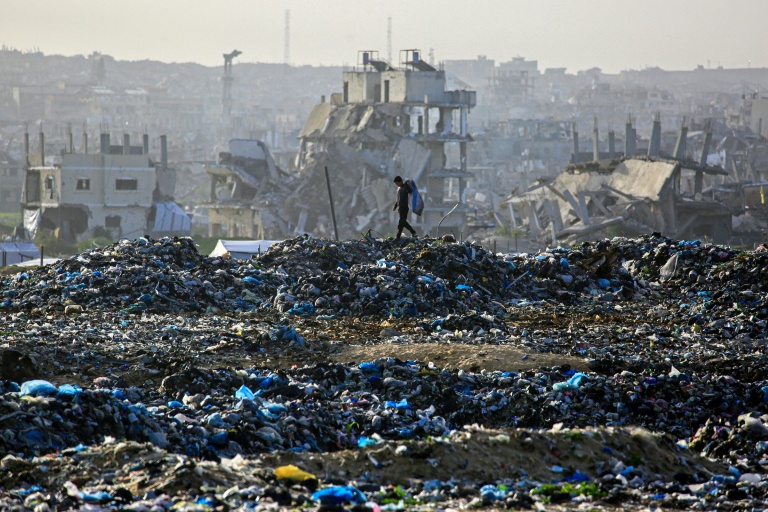
Israel said Monday it would allow a “limited reopening” of the Rafah border crossing between Gaza and Egypt once it had recovered the remains of the last hostage in the Palestinian territory.
Reopening Rafah, a vital entry point for aid into Gaza,…
The UN’s Internet Governance Forum Leadership Panel just released its 2025 report, and buried in the recommendations is a message every Asian digital transformation…
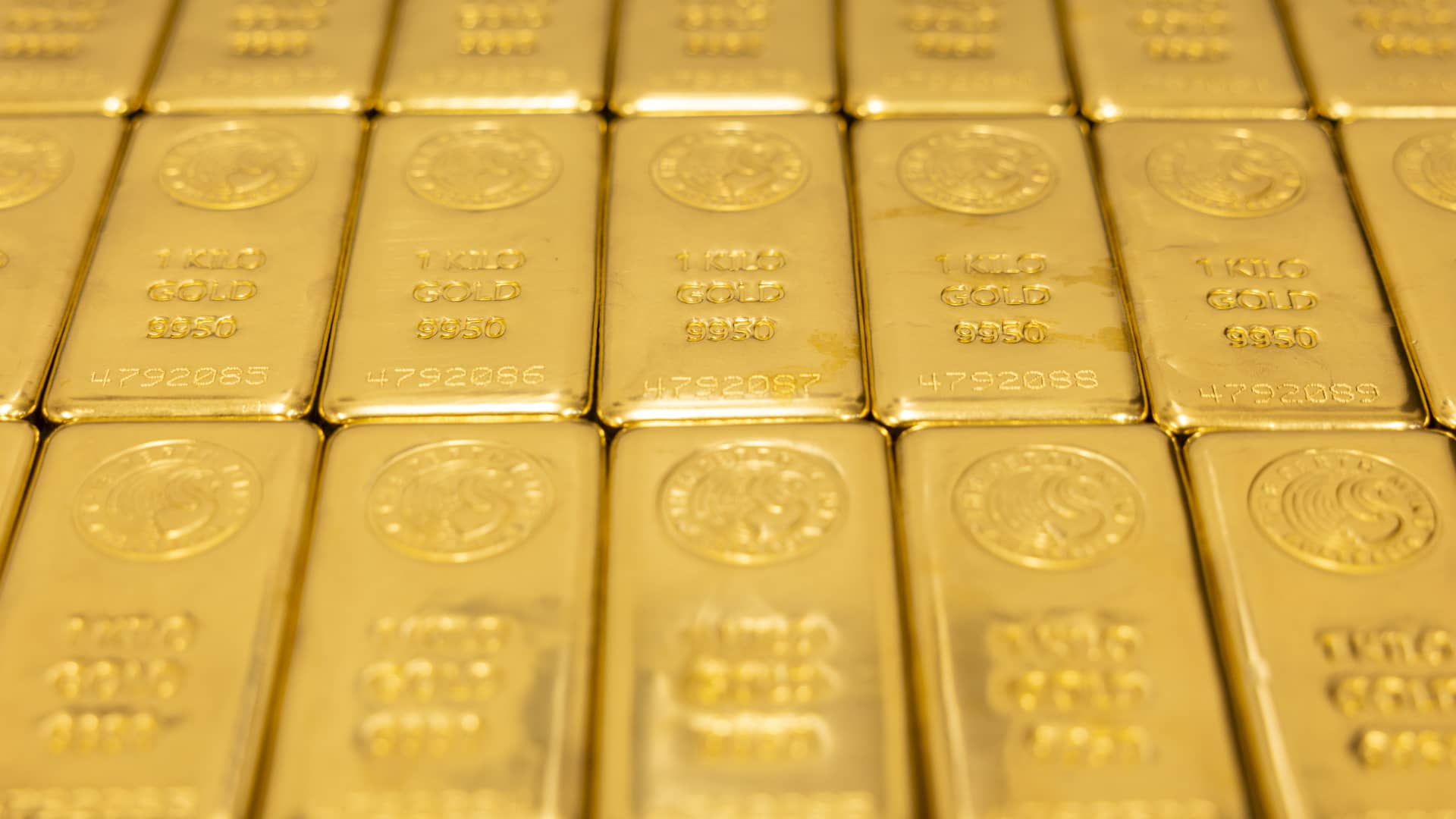
One kilogram gold bars stacked at the Perth Mint Refinery, operated by Gold Corp.
Matt Jelonek | Bloomberg | Getty Images
Gold climbed to a fresh all-time high, crossing $5,000 an ounce on Monday and extending its record-breaking run as investors…
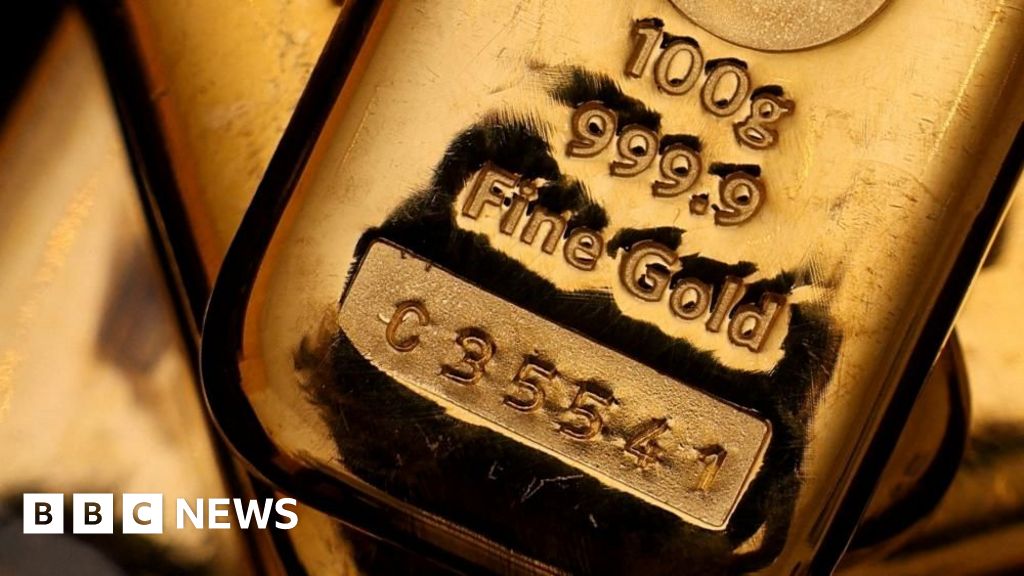
Peter Hoskinsand
Adam Hancock,Business reporters
 Hiba Kola/Reuters
Hiba Kola/ReutersThe price of gold has risen above $5,000 (£3,659) an ounce for the first time, extending a historic rally that saw the precious metal jump by more than 60% in 2025.
It comes as…
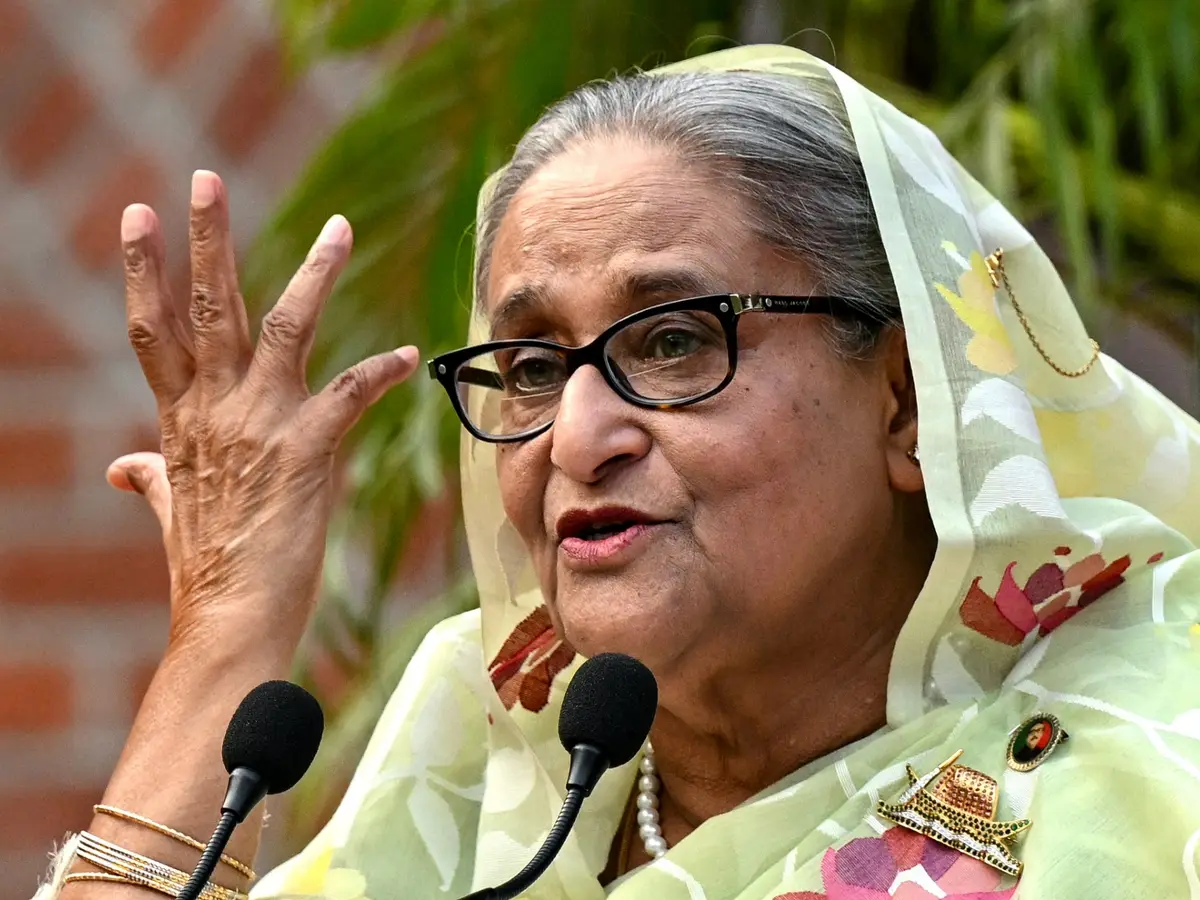
A day after ousted Bangladeshi PM Sheikh Hasina addressed the public for the first time since fleeing her country after 2024 uprising, the interim Bangladesh government has raised objection and expressed their surprise over the incident….
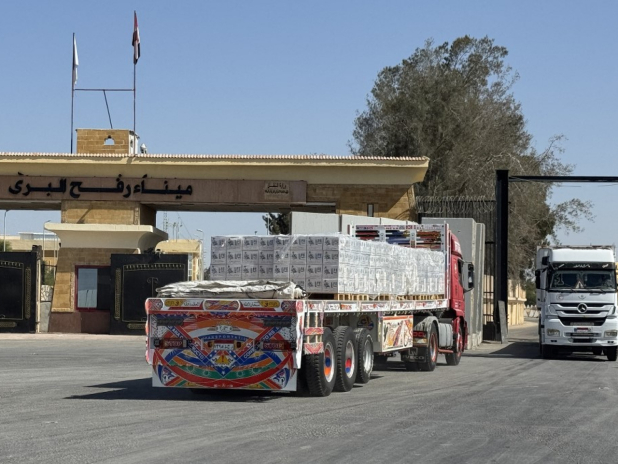

Matthias Luehers, Head Region Overseas, Mercedes-Benz Cars and Martin Schwenk, MD and CEO, Mercedes-Benz India pose with Mercedes Benz A-class Limousine and the New GLA during Auto Expo 2020, on February 5, 2020, in Greater Noida, India.
Pradeep…
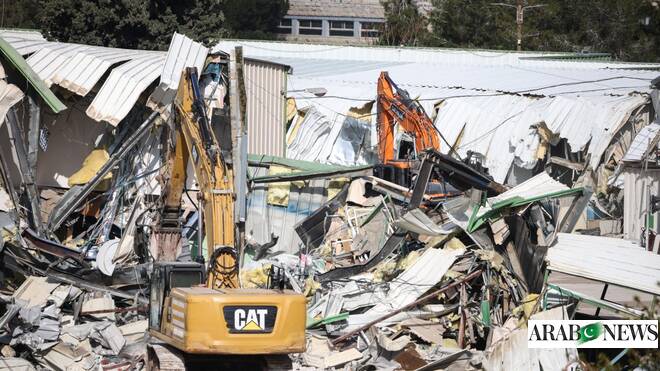
JERUSALEM: Israel said Monday it would allow a “limited reopening” of the Rafah border crossing between Gaza and Egypt once it had recovered the remains of the last hostage in the Palestinian territory.
The…